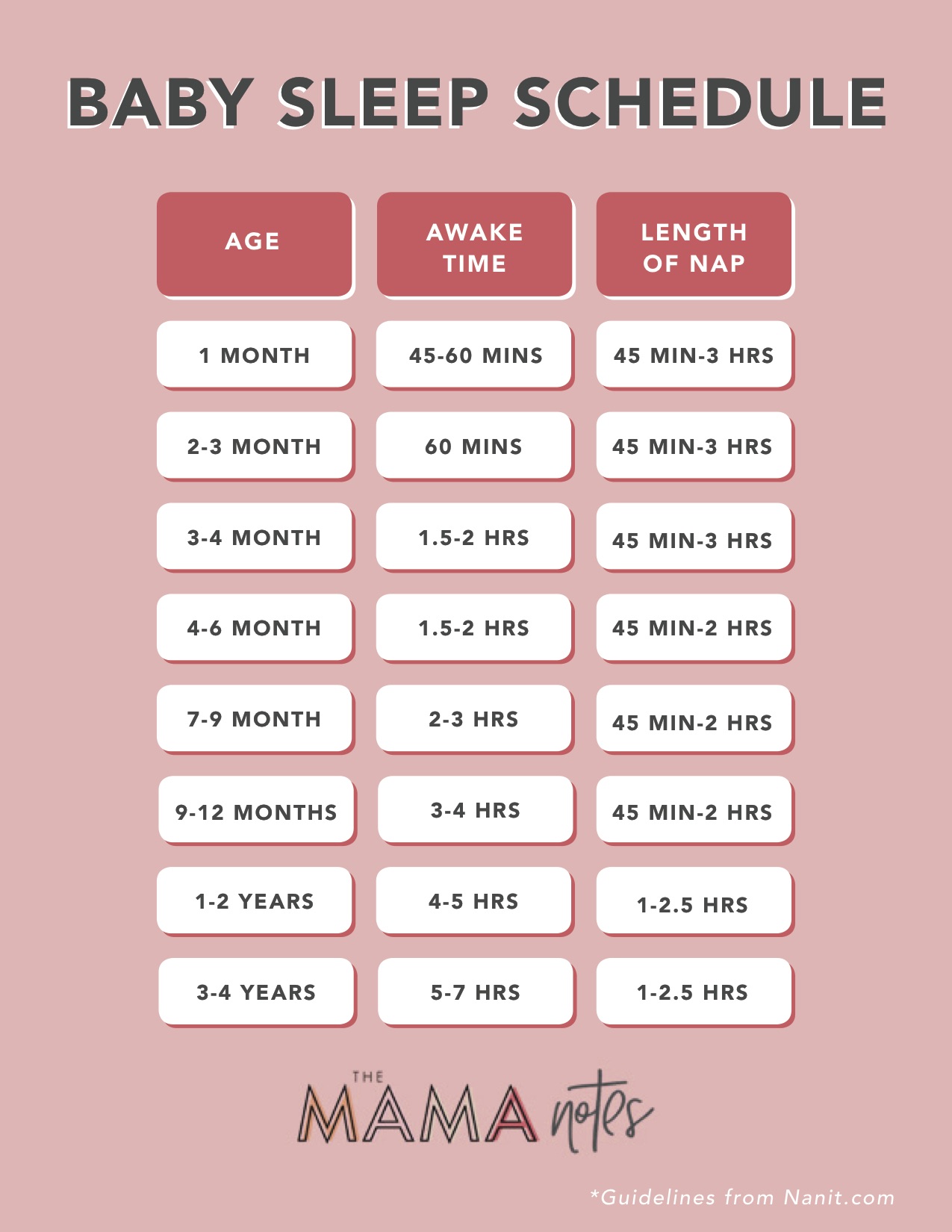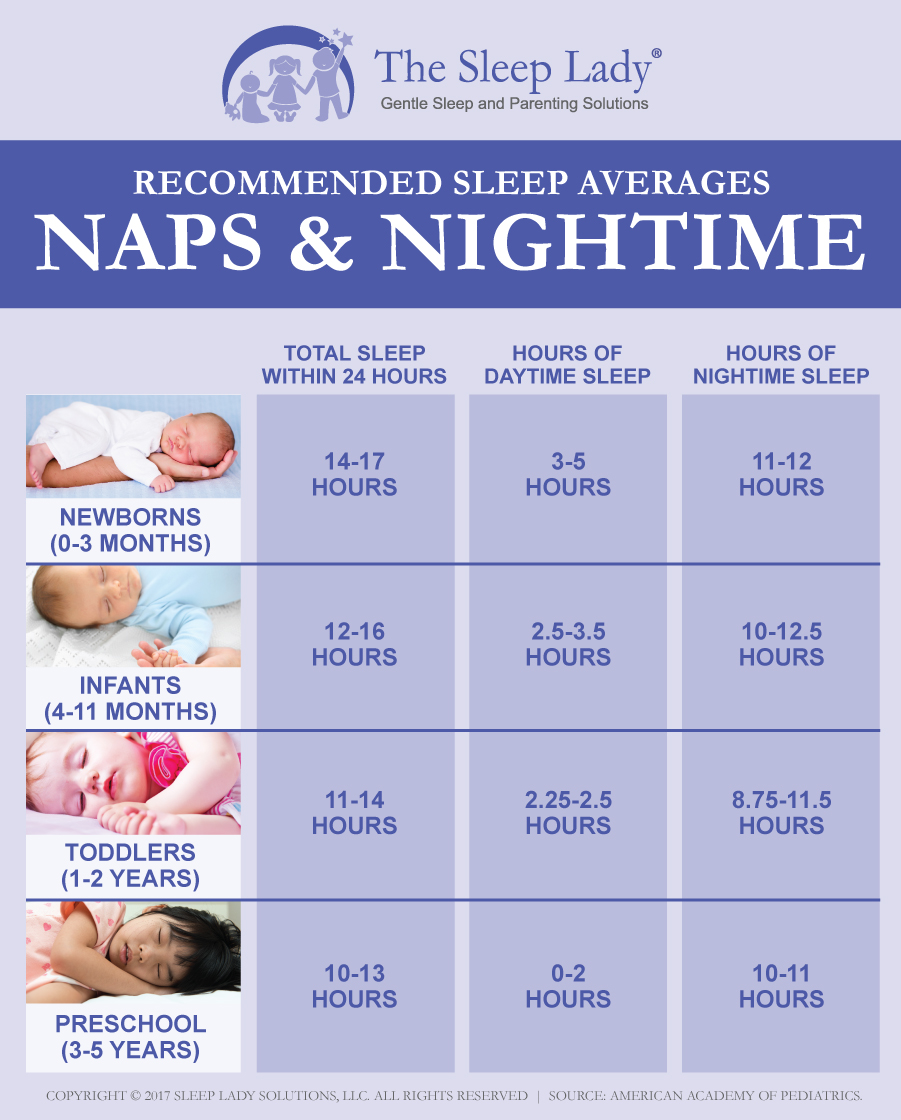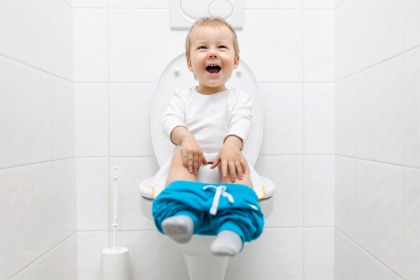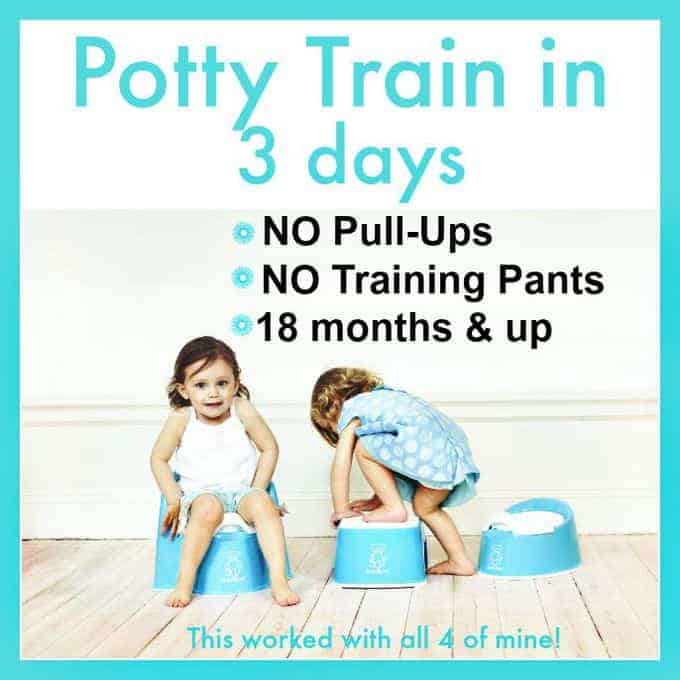Add approximately 15 minutes on for each additional month up to 6 months of age youll be at 2 hours then. 2-3 years 1 nap 55-7 hours before nap 3-4 years 1 nap 6-8 hours before nap Mom to Mom ideas.
 Baby Sleep Awake Time Chart The Mama Notes
Baby Sleep Awake Time Chart The Mama Notes
225 hours awake time between naps.
Baby awake time chart. From the time he goes to bed he might wake up at 11p or 12a doing that and again at 230a or 3am during this time i will give him a bottle to see if he might be hungry and he usually takes it. 4 down to 3 Nap Spacing. Average awake time is 3-4 hours.
1 hour 45 minutes. 18-24 months 1 nap 5-6 hours. 6 months old.
Baby Sleep Awake Time Chart. When you follow these guidelines from the AAP and learn how to Master your Schedule you will see a transform to your child to your home and stress levels. 1 hour 15 minutes.
As they reach 8-9 months 2h 45min 3 hours might be more manageable and by 12 months your baby could be managing an awake time of 35 4 hours in between their naps. 10-12 hours awake time divided into four parts is 25-3 hours and the chart recommends about 2 hours between naps. Most babies are taking 2 naps at this age.
Continuing with the sleep th. You might know that a 2 week old should be awake for 30-40 minutes but if you do not include feeding time in that number your baby will be up WAY too long and not sleep well. Post Contents Calculating Baby Wake Time Basics.
If you have a newborn youll want to swear by this chart. By six months its probably around 16 hours a day and by 12 months your baby likely sleeps about 12 hours between overnights and 1-2 naps. The chart recommends 12-14 hours total sleep which would mean 10-12 hours awake time.
72 reported the optimal waketime was 60-90 minutes for a 3 to 4 month old. At 4 months old single sleep cycle naps 3045 minutes are still normal see our Naps 101 series. Continuing with the sleep the Baby Sleep Awake Time Chart.
And also help you sleep train your baby if you need advice on how to survive sleep regression. At this stage your baby will have slightly more awake time in the evening and an earlier bedtime. On 3-nap schedule third nap is shortest 3045 mins.
Once again this is in line with where I think most babies would be. 2 minutes after would mean trouble sleeping. Baby Sleep Awake Time Chart - The Mama Notes.
5 months old. 600 700 AM Feed Back to Sleep. 7 12 months old.
2 hours 15 minutes. Continuing with the sleep theme this month March is National Sleep Awareness Month today Im so excited to share the sleep schedule that we try to stick to with Flora we also used something similar with Piper and its worked so well for us. 10-13 hours including naps Age 6-12 years.
Use the earlier betimes if the regression has your baby napping less or waking more at night and becoming overtired. Baby sleep time chart baby sleep awake time chart. As Ive mentioned before the key to getting your baby to nap and.
This is also prime time for the 8910 month sleep regression. 1 hour 1 hr 10 minutes of Naps. This decreases slowly but steadily.
By 56 months of age babies are capable of lengthening naps though may need nap assistance to learn that skill. Some may not be able to stay awake more than 30 minutes at a time. If baby has only 3 naps that means the awake time is divided into four parts.
Kaitlyn was right at 60 minutes but if I had to err it was better to err before 60 minutes. This is generally the maximum amount of time you want your baby to be awake at any point throughout the day. How Long Should a Baby Stay Awake 3-4 Months old.
Average awake time is about 3 hours. Actually its around 18 hours initially with the other time devoted to eating burping diaper changes and probably some crying. Although it varies by baby most newborns can stay awake no longer than 45 minutes to 1 hour and 15 minutes.
I have stopped the awake times at the 6 month mark because this is where babies start to vary quite significantly and where the awake times throughout the day will also start to vary significantly. Below is the baby awake time chart for babies 4 8 weeks. People also love these ideas.
25 hours 4 hours awake time Around 7 months you may find your little one is still settling well on 25 hours awake time. Our wake time at this age consisted of tummy time time in the swing walks and we even began independent playtime. He wakes up at 630a to get ready for daycare.
This works for a lot of people-- 1 month you are often at 45 min. Wake time for a 2 month old equals the first truly interactive month. Your baby is starting to have to have some fun and the blocks of wake time can truly be used.
The baby sleep chart will help you with any baby sleep problems you may have.
Play quiet music or other white noise. Toddlers have more energy to play learn and have fun when they get the sleep they need.
/Sleep/4-Tips-For-Naptime-Success.jpg?ext=.jpg) 4 Tips For Naptime Success Help Your Toddler To Sleep Everymum
4 Tips For Naptime Success Help Your Toddler To Sleep Everymum
When phasing out naptime for your toddler its best to do it gradually.

Recommended nap time for toddlers. Then gather the children back with you and prepare. Susan Zafarlotfi clinical director of the Institute for Sleep and Wake Disorders at the Hackensack University Medical Center in New Jersey says Infants sleep 16 to 20 hours per day. Although many children stop napping by around age five its important to remember that nap preferences can be different for every child.
At this age your child has probably given up his morning nap sleeping only for an hour or two after. Help students move from high energy to lower energy. Why do toddlers need sleep during nap time and bedtime.
While toddlers need up to 14 hours a day of sleep they typically get only about 10. Continued Most children from about 21 to 36 months of age still need one nap a day which may range from one to. Most babies arent ready for a by-the-clock nap time schedule until around 5 months or 6 months.
Some babies also need a late-afternoon nap. Its fairly normal for younger toddlers to have a small nap in the morning and a long nap in the afternoon. Toddlers aged 1 to 3 tend to need around 2 hours of daytime sleep.
Between the ages of 1 and 3 however the morning nap generally goes away according to. So if your toddler wakes at six youll probably need to put him down for his morning nap between ten and eleven. For most young age groups the gap widened.
I love my little man but I also love naptime. Have your child nap in the same place that she. Ideal nap times for infants.
Many daycare centers are flexible about allowing toddlers to stay awake during naptime provided they are quiet and calm. Dim lights if allowed. Transition to nap time gradually.
Like his two older siblings I know there will come a day when hell no longer nap and I know that the right time when toddlers stop napping is different for every child. Ive experienced the no-nap toddler and its not fun. Read a quiet book.
Set the tone for resting. As moms we get so many benefits from our toddlers sleeping Toddlers are less cranky when they get their naps. That nap time reduces to 45 minutes for a three-year-old.
Toddlers typically need two naps per day which should gradually become one nap per day as they. 2 to 3 years Mindells view. 25 Nap Time Tips You Can Put To Use Today As Early As Your Childs Next Nap.
Ask children to arrange their cots or mats with their sleep materials. Only newborns 0-3 months gap narrowed. Ideas for keeping your kids busy and happy inside.
By around 18 months however your toddler will probably begin to phase out one of the naps. How to set up your childs afternoon nap for rest time success. You might aim to have your baby nap at 9 am.
Let your baby nap for as long as he or she wants unless your baby has difficulty falling asleep at night. Most toddlers will. Two of my kids have outgrown naps but I still have one toddler who sleeps for two precious hours in the afternoon.
Try keeping the same schedule but when you put them down for a nap offer them the option to read color or do another quiet activity. Almost all children take only one nap per day by age 2. There are many reasons why nap time for kids is beneficial.
Younger toddlers tend to have this split into a 1-hour nap in the morning and another in the afternoon whereas older toddlers do better with a slightly longer nap 1-2 hours in the early afternoon. A few years ago research advice on how much sleep your child needs changed. If hes taking one nap a day aim for 4 to 6 hours of awake time instead.
For example the NHS suggests that a two-year-old get 115 hours of nighttime sleep and 1 hour and 30 minutes of sleep during the day. Create a calmer tone for children to move to their cots. Dont force a nap time schedule too soon.
We need our toddlers to sleep through their naps and through the night. All kids wake up about 10 times per night and if the conditions they initially had to get to sleep arent there when they try to go back to sleep they will cry out to get it Dr. In preschools with scheduled nap time some children sleep easily but others up to 425 in one study fall asleep only sometimes or not at all.
Best nap time for your toddlers. More Nap Time Tips. How to know if your toddler needs to take a nap.
Rather than going by the clock you can also adjust naps depending on how long your child has been awake and asleep. Forcing your child onto a clock-based nap schedule before then can actually result in over tiredness which will make overall sleep worse. For instance if hes taking two naps a day aim to have 3 to 4 hours of awake time between sleep.
After the newborn period your baby will likely nap at least twice a day once in the morning and once in the early afternoon.
You can gather your supplies such as a potty seat potty training books flushable wipes and reward stickers but also dont forget to pack your patience. With potty training just like talking walking and sleeping through the night every childs timing is different.
Tips On Starting Potty Training How To Potty Train Your Toddler
Inner Body Signals.

Is it time to start potty training. Peeing usually happens during pooping so young children often have a hard time telling the difference. Theres no perfect age to start putting them on the potty. Most toddlers find these wipes fun to use.
Its important to remember not to push your child before hes ready and to be patient. When it comes to potty training I consider my children to be potty trained when they are able to stay dry and clean during awake time and go to the bathroom in the potty during those times. Most parents start to think about potty training when their little one is around two to two and a half.
A young child does not have the bladder capacity to hold it for long periods of time. There are four main areas of a childs development that all are a piece of the puzzle to potty training. If your child is peeing in their diaper on a regular schedule and only every few hours theres a good chance theyre ready to give the toilet a whirl.
Most children are ready to start working on potty training between 18 months and 24 months of age while others arent ready until 3 years old. The average age of potty training falls around 27 months. Mental or Cognitive Awareness.
However others might not be ready until theyre 3 years old. When a child is using the bathroom every 15-20 minutes they are not physically ready to start potty training. They have fewer wet diapers.
Research has shown that beginning. As the child grows older the bladder capacity will increase which is important in order to achieve successful potty training. A child younger than 12 months old has no bladder or bowel control.
While most children are ready to start toilet training between 18 months and 3 years there are several other skills and abilities a child must master before successful training can begin. It depends on your child and how they are developing physically and emotionally. Its bitter sweet because I wont have to buy diapers anymore but at the same time Im sad the little baby stage is over.
Its a good idea to start with bowel training which is focusing on potty training when your child is pooping or about to poop. Most children begin to show signs that they are ready for potty training between 18 and 24 months. Many parents of toddlers wonder when to start potty training their child.
If your child is showing several of these signs then it may be time to start the potty training process. If you start too early it might take longer to train your child. While most children are potty trained between the ages of 18 months and four years more important than age is whether or not your child is really ready.
I start potty training my children when they are very young you can see my potty training tips here. Many children show signs of being ready for potty training between ages 18 and 24 months. Theres no perfect age to start potty training.
Some people stay inside on all 3 days to solidify the process. My son has shown signs that he is now ready to start potty training. Some children respond well to rewards so if your child is motivated by stickers or small treats you may decide to do a reward chart to encourage potty training.
Potty training success hinges on physical developmental and behavioral milestones not age. Its common for older kids girls aswell as boys to be afraid to release bodily fluids and solids. Signs that its the Right Time to Start Potty Training.
Kids are generally not ready to potty train before the age of 2 and some children may wait until 3 12. 10 signs of potty training readiness. Like learning to sit up crawl and walk potty training is a skill that your child must learn.
In Western society most children show these signs and being potty trained between 18 months and 3 years. The ideal age to start potty training a girl is between 18 and 24 months this is the period girls start to get a stronger desire to be clean therefore showing more interest in the potty. The potty training stage.
However instead of using age as an indicator look. Potty training starts at different ages for different kids and its always important to wait until your child is ready. Once youve seen most of the signs of readiness mentioned above its time to start potty training.
The average age of potty training is 27 months. How will you know if your child. Once your child is ready to start theyll display certain signs of potty training readiness including.
How old should my toddler be when I start potty training. Day 2 and Day 3 Your process for day 2 and 3 is essentially the same as day 1. Potty training is difficult for many parents.
A small study in a Pediatrics says that says if you toilet train between 17 and 19 months it will take longer than if you start later. The best time to start night-time potty training is when your little one is showing signs they are ready for it.
 How To Potty Train Your Children Ewmums Com
How To Potty Train Your Children Ewmums Com
For boys its often best to master urination sitting down and then move to standing up after bowel training is complete.

Best time to toilet train. Potty train farmers almanac patty craig a slice of time beech ready to potty train your kid here s a when s the best day to wean farmers when to wean your baby 1881 the old. Whether or not your child is ready depends on where they are physically and. When you notice the sign take your child to the bathroom immediately to use the toilet.
When is the best time to toilet train my child. Try to start toilet training when there are no big changes coming up for your family. Theyll show interest in various ways including asking questions about the toilet potty seats and underwear.
Toilet training is a developmental milestone that is different for every child and every family. She does however assert that between 22 and 30. There are signs that you can watch for to indicate your child is ready to be begin toilet training but it is really important that the grown ups are ready too to make the transition so much less stressful.
Most parents start thinking about potty training when their child is between 2 and 2 and a half but theres no perfect time. Some people find it easier to start in the summer when there are fewer clothes to take off and washed clothes dry more quickly. The findings of the study which were published in the Journal of Paediatric Urology observed 150 children aged between 4 and 12 who were divided into two groups.
Each child is different but its normal for them to learn to stay dry at night a little while after daytime potty training. To be able to potty train at night your child needs to be physically ready and want to do it. In the meantime the best thing you can do is to encourage the behaviour you want.
If teaching your child to use the potty during the day is the battle nighttime potty training is the war. June 2 2020 Gayamana Farmer 0. Admittedly not that much science and the abstract doesnt say HOW much longer.
Experts share that kids tend to be ready to potty train between the ages of 18 months and 3 years old. This is a good time to start potty training because you know they wont need to use the potty too frequently. To use a time interval based approach to potty training have your child sit down on the toilet for at least a few minutes every hour or two from the time they wake up until the time they go to.
But science it is nonetheless. The average age when kids start the process is 27 months. Potty training is best accomplished when your childs emotional and physical development is at a certain point.
Toilet training can take days months or weeks. You may want to set an audible 20-minute timer so your child knows that when the timer goes off it is time to try to use the toilet. According to Jandu theres really no one-size-fits all with potty training and that the best age varies depending on the child in question.
Starting Potty Training Too Early Can Be Stressful. For boys the average age to be potty trained is around 31 months and for girls its about 29 months. They cant really help it many bladders get a little wild and crazy once the sun goes down.
While most children are ready to start toilet training between 18 months and 3 years there are several other skills and abilities a child must master before successful training can begin. About 98 of children are successfully potty trained by the age of three. Make going to the toilet part of your childs routine.
Best Time To Potty Train Farmers Almanac 2020. As I said before theres no magic number. A study conducted by the Robert Wood Johnson Medical School has revealed the best time to start toilet training is between 24 to 32 months.
Some children can start to potty train as early as 14 months while some arent ready until theyre three years old. Best Day To Potty Train Farmers Almanac. Most kids are ready for toilet training somewhere between the ages of two and three.
Best Time To Potty Train Farmers Almanac. For instance in parts of Africa and Asia its normal for children to begin learning toileting routines very early -- often within 4-12 weeks of birth Sun and Rugolotto 2004. 1 That said your child could gain and master this skill earlier or later than that.
Thats a wide range. In Russia it has been traditional to start toilet training months later during the latter half of an infants first year Karkashadze et al 2012. Many kids figure out the tricks of the toilet during their waking hours but they fail to do so come evening.
Remind your child to go and give lots of praise for trying. Ask them if they have to go every 20 minutes. Have your child sit on the potty chair or toilet without a diaper for a few minutes at two-hour intervals as well as first thing in the morning and right after naps.
What are typical newborn baby sleep schedules. A healthy baby in this age range should get a total of about 14 to 17 hours of sleep over the course of a 24-hour day.
 How Much Do Newborns Sleep Is My Newborn Sleeping Too Much Curated By Sleep Experts Nested Bean
How Much Do Newborns Sleep Is My Newborn Sleeping Too Much Curated By Sleep Experts Nested Bean
But the range is considerable.

Average time newborns sleep. On average one-month old infants sleep 57 hours each night and three-month olds sleep 74 hours though this is normally non-continuous sleep. Breaking Down Ideal Bedtime by Age Newborns. Some newborns will sleep for a burst of 30 to 45 minutes while others will sleep for the entire three hours before they need to feed.
Most babies dont start sleeping through the night 6 to 8 hours until at least 3 months of age. Newborn sleep times can vary widely. A newborn baby doesnt have much of a pattern to his sleep schedule.
The normal amount of time that babies sleep depends on their age. 0 3 Months Newborns do not have an ideal bedtime as their circadian rhythm or internal clock has yet to be established. But because they have a small stomach they must wake every few hours to eat.
Some newborns may sleep up to 1819 hours a day. For instance a 1-2 year old on average tends to need 11 hours of sleep at night vs 875 hours. Feeding can offer a number of benefits for you as a new parent to an infant as this is often a comforting moment for your baby and aids them in moving from waking to sleep.
In the first few days the average newborn sleeps between 16-18 hours a day Iglowstein et al 2002. Newborns sleep an average of 11 to 16 hours a day even this young babies are individuals. Because of the need for feeding this sleep is usually broken up into a number of shorter periods.
Your little one will probably only be awake for 30 minutes to an hour at a time and will nap anywhere from 15 minutes to three hours at a stretch. Newborns need to eat frequently and will wake round the clock to feed so a fixed bedtime is obsolete at this age. Newborns need 14 to 17 hours of sleep a day 8 hours during the day and 8 at night but cant stay awake longer than 1 to 2 hours at a time and newborn sleep patterns change rapidly.
Baby will be sleeping anywhere from 14 to 17 out of every 24 hours give or take. If your baby usually goes between 25 to 3 hours between feeds create a routine based on those times. However this timescale varies widely and some newborns may only.
Most also wake up at least every 3 hours to feed. Newborn to 3 months. Choose a time each morning say 7 am and feed the baby every single day at that time.
Total nighttime sleep duration is approximately 85 - 105 hours 50 -- or more -- of parents say longest sleep bout is at least 5 hours Babies 2-3 daytime naps average 6-12 months. Theyre also probably taking a morning and afternoon nap totaling 3 to 4. Because of reflexes they cant control its common to see them twitch their.
Most babies dont start sleeping through the night 6 to 8 hours without waking until they are about 3 months old or until they weigh 12 to 13 pounds. Most newborns sleep around 8 to 9 hours during the day and 8 hours at night. Generally newborns sleep a total of about 8 to 9 hours in the daytime and a total of about 8 hours at night.
Parents can help their babies sleep longer at night by exposing them to more light during the day time during the first three months of life. Around two-thirds of babies truly sleep uninterrupted for that blissful 6 to 9 hours by the time theyre 6 months of age. Soon your baby will sleep until 7 and thatll be your normal start to.
Start your day at a consistent time. Babies this age tend to stir and look restless during sleep. Newborns 0-3 Months Old The NSF recommends that newborns spend between 14 and 17 hours sleeping every day.
Wake Time Bedtime Notes. But they may not sleep more than 1 to 2 hours at a time. Breastfed babies feed often about every 23 hours.
Newborns sleep in 2- to 4-hour intervals waking up to eat. If newborns generally eat poop and sleep around the clock in the early days what does a newborns sleep schedule look like. Around 9 months of age theres a great chance that your baby is sleeping at night for anywhere between 9 and 12 hours.
Newborns sleep for most of the day. Watch your babys sleep cues closely and put down for sleep at the first signs of tiredness. However they may sleep for only one or two hours at a time.
Shell typically snooze in short spurts of two to four hours waking to be fed burped changed and soothed. Newborns wake every couple of hours to eat. Newborns should get 1417 hours of sleep over a 24-hour period says the National Sleep Foundation.
By four weeks newborn sleep averages about 14 hours. Determine the average time between feeds. Generally newborns sleep about 8 to 9 hours in the daytime and about 8 hours at night.